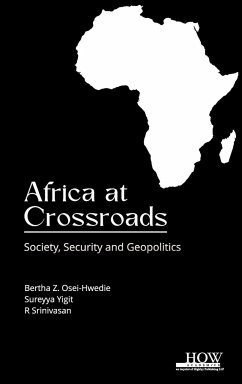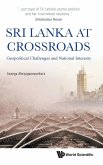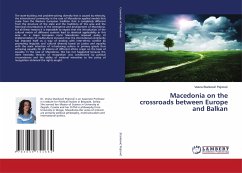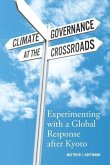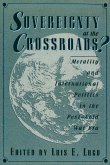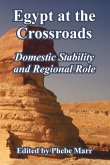Welsh journalist and explorer Henry Morton Stanley described Africa as the Dark Continent on account of its mysterious interiors, native traditions that defied understanding by western minds and mostly imagined savagery that explorers expected to encounter. This picture of Africa was despite hundreds of years of mapping and documenting of the continent by colonial powers that appropriated its land and resources for consumption in Europe. Western opinion on Africa has barely graduated from these notions till contemporary times. Home to 54 countries, Africa today presents a picture that does not entirely merit this labelling. Aspiring to stand on par with western and eastern world, Africa today is evolving. Even as an estimated 35 conflicts rage in various parts of Africa, reserving a judgment only based on colonial portrayal is neither apt nor is a reflection of contemporary Africa. The beleaguered picture may as well be a sign of birth pangs of a continent that is keen to re-invent itself in order to emerge as a major player in the international arena. Will Africa be able to do so? What historical legacies are relevant to understand it? How does Africa view itself and the world? Is governance in Africa transforming? Is its society grappling with issues with a prospective vision? Do African nations view aid as the essential ingredient for their growth? Do major international players actually help Africa turn leafs of progress for betterment? These are some of the important questions that this book attempts to answer through methodological and substantial research.
Hinweis: Dieser Artikel kann nur an eine deutsche Lieferadresse ausgeliefert werden.
Hinweis: Dieser Artikel kann nur an eine deutsche Lieferadresse ausgeliefert werden.

